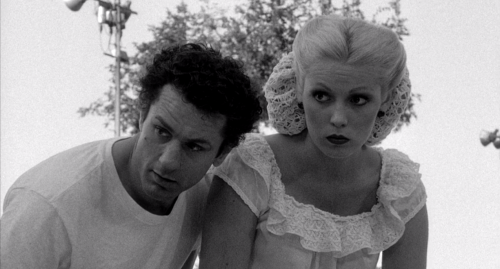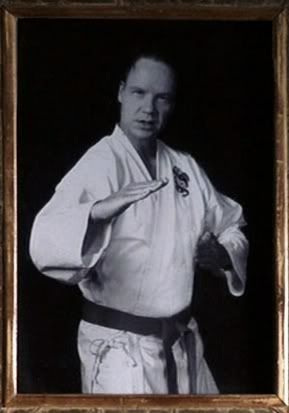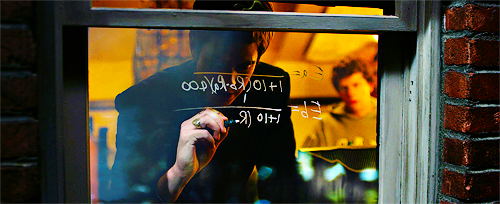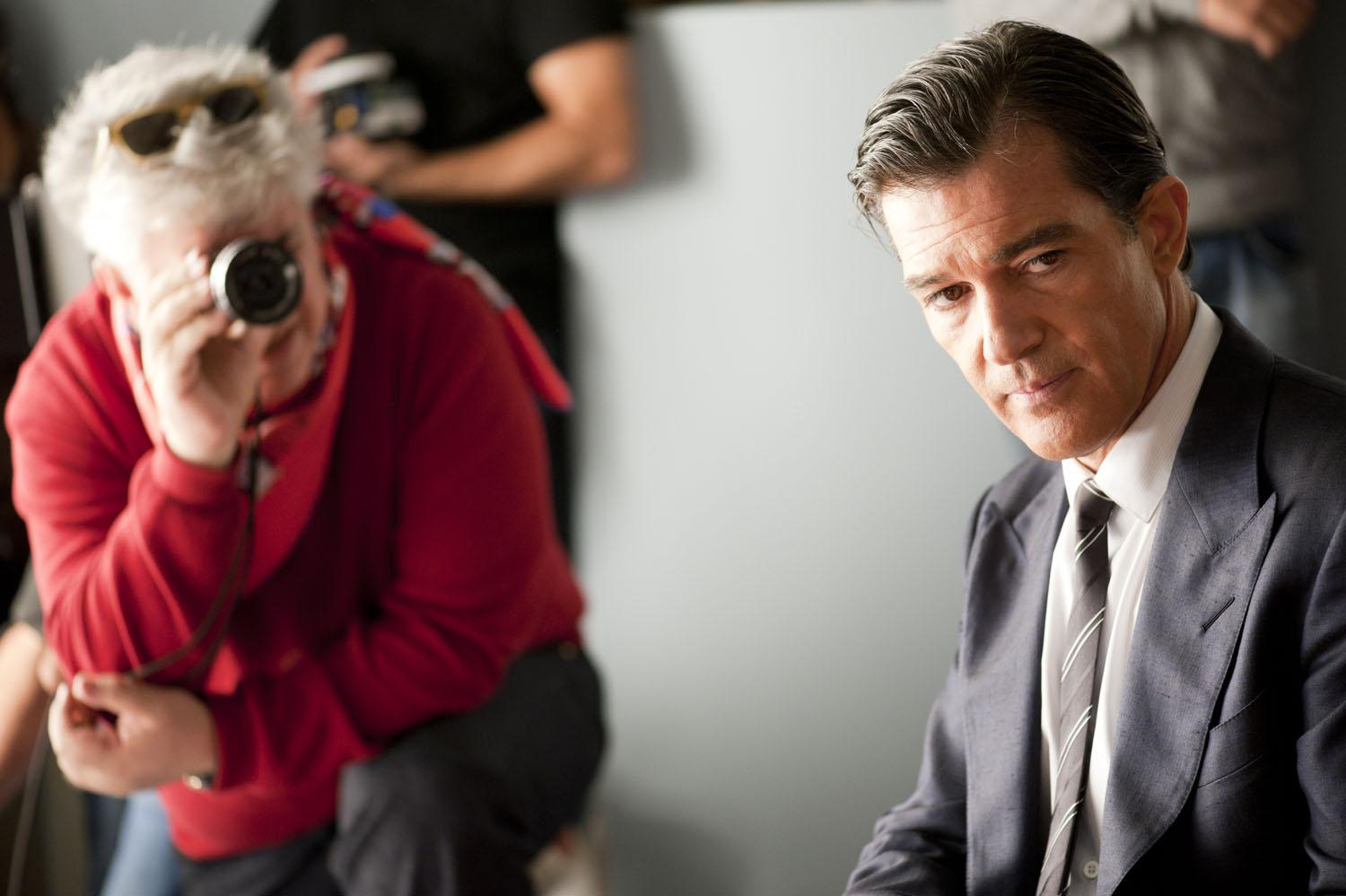 |
| De Niro and Moriarty take a mulligan while playing putt-putt golf in Raging Bull |
RC-2012-108 (The Scorsese Series): Raging Bull (1980)
Before I get to some less-beloved Marty joints (coming soon), the series on Scorsese continues to hopscotch through the undeniable masterpieces, landing on the much-admired Raging Bull. What is it about Scorsese's technique that so tickles P.T. Anderson's fancy? And how is it that a book so bad can become so affecting when adapted to the screen? (My best guess: the involvement of one Paul Schrader, and a director whose sense for the operatic doesn't out-pace his penchant for street-level realism.) I sing the praises of some newcomer named Joe Pesci and opine on such things as the the Martin-Schrader-Scorsese-De Niro storytelling structure, the film's massaging of some real-world facts, and why it seems to be more highly regarded among directors than among critics (as reflected in the Sight & Sound polls). I manage to not get sidetracked talking about post-war professional prize-fighting or, for that matter, the many gorgeous classic automobiles visible in the movie. As always, listen for the countdown to sync up with your copy of the film. And remember: I'm the boss I'm the boss I'm the boss I'm the boss I'm the boss I'm the boss I'm the boss...
Listen in browser. Or take a walk over to iTunes.







